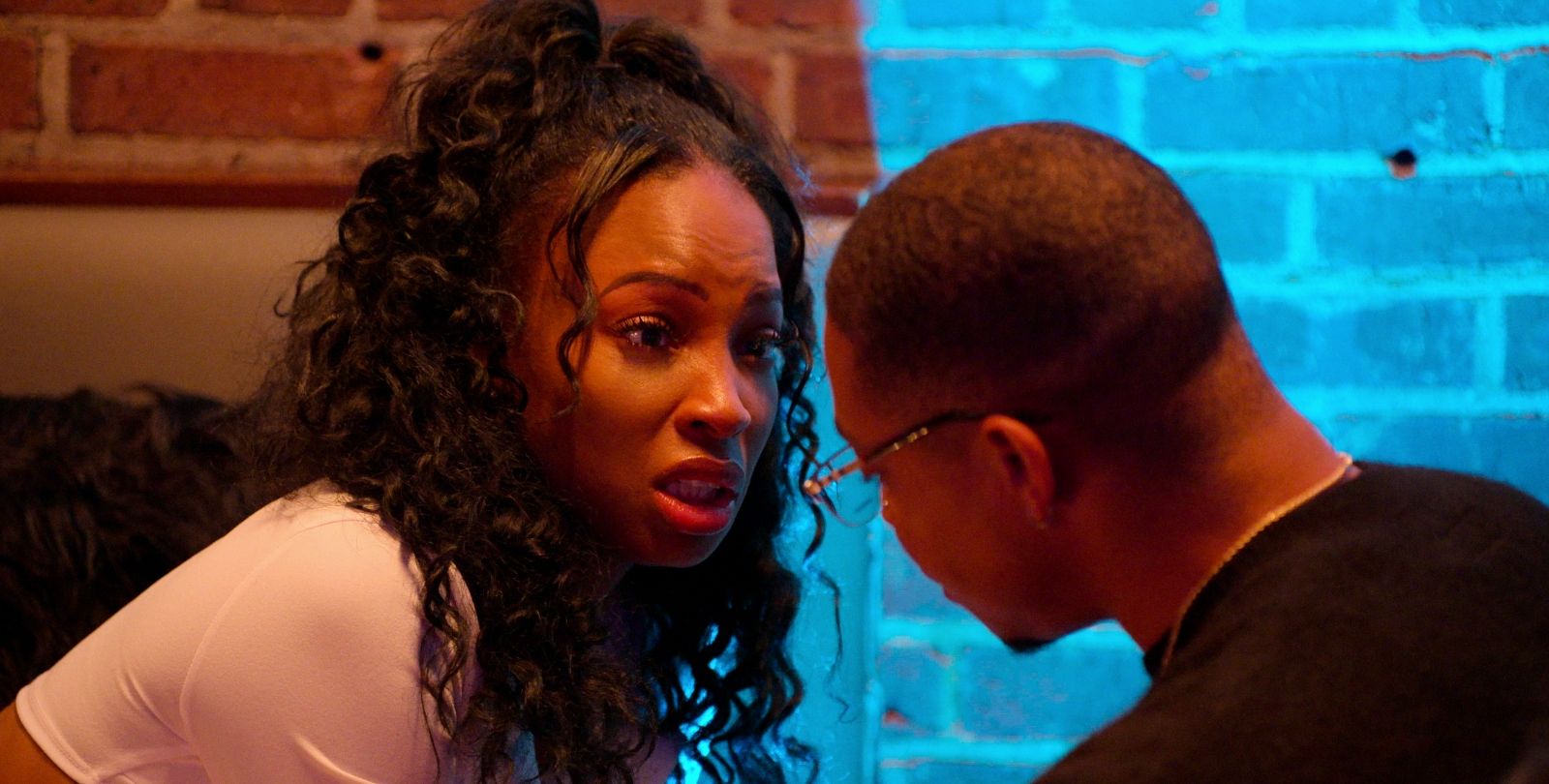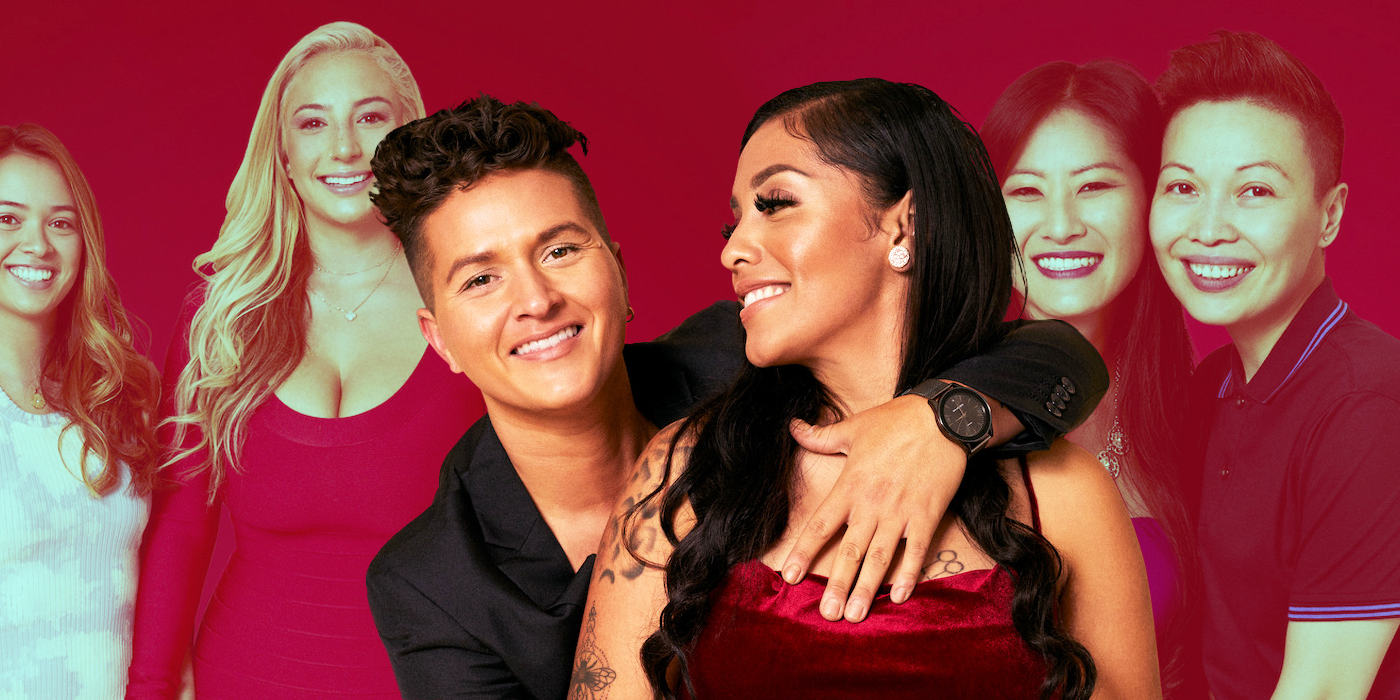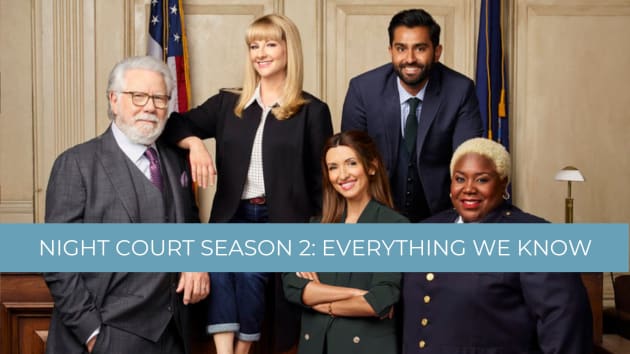The Big Picture
Content Warning: This article contains discussions of violence. The National Domestic Violence Hotline is 1-800-799-SAFE.
Every season and version of The Ultimatum depicts or mentions a violent dispute between partners. The Netflix show is supposed to be about love and marriage. So why is violence regularly depicted without much discussion about how it’s wrong and not typical for a healthy relationship? This franchise has a problem, and it’s time people start talking about it.
The Ultimatum: Marry or Move On Season 1 premiered on April 6, 2022. Six couples started with the same problem: one person was ready to get engaged and issued an ultimatum to their partner after dating for years. The reality TV show put the couples to the test by breaking them up, and partnering with a cast member for a “trial marriage.” This means living together and acting as if they’re in a relationship. The cast then does a trial marriage with their original partner. Ultimately, every couple gets engaged, breaks up, or pursues a relationship with their new partner.
The Ultimatum surprises the audience with domestic violence
This process is a recipe for drama, which is what producers want for an engaged audience. However, there should be limits to what kind of “drama” should be offered for entertainment. Rae Williams and Zay Wilson argued in their apartment after he was out all night with his location off and refused to answer her calls in an episode. Rae tried to leave the apartment but Zay physically pulled her to him. She told him to stop, but he continued. She walked back into the bedroom and he followed her. “Let go,” Rae told him. Rae got frustrated and warned him that she’d defend herself. “No, because when I hit you, you’re gonna get mad,” she told him. “Get off me, Zay. Get off!”
The scene cuts to black, using the domestic dispute as a dramatic cliffhanger. The following scene is a normal conversation between April Marie and Jake Cunnigham as if everything is back to business. There was no warning at the beginning of the episode for audiences to know a violent interaction would occur. Do producers think such warnings for public mental health are “spoilers” for such heated moments? The next episode picked up after the altercation between Rae and Zay. There wasn’t a domestic violence warning or a hotline for domestic violence support for viewers again, which is the bare minimum. Rae apologizes to Zay for hitting him. Zay is never held accountable for pulling Rae and boxing her into the apartment, which led to her going into fight mode. Zay apologized for being out last night, but not for that. He actually got rewarded by producers and appeared on Perfect Match as an eligible suitor like other men who weren’t previously filmed initiating a physical dispute.
Later seasons showed the lack of warning in season 1 wasn’t a mistake. The Ultimatum: Queer Love reunion allowed the cast to reveal what happened after the finale. Tiff Der was updating everyone about the health of their dog. Mildred Bustillo interrupted them and challenged everything they said. Mildred admitted to being arrested for throwing a picture frame. She specifically said she threw a pet gate at Tiff. The cast looked surprised and so was the audience due to a lack of warning.
The Ultimatum: Marry or Move On Season 2 also shocks the audience. Episode 1 ends with Jelisa “Lisa” Horne interrupting Brian Okoye getting to know another cast member. She proceeds to yell at him at the bar in front of the cast. “You know you can go ahead and talk to the girl,” she told Brian then pushed his face. “I really don’t care.” She then walked away.
The Ultimatum needs better vetting and repercussions for violence
Casting people who aren’t actors is risky. Real people are messy and unpredictable. Domestic violence is also an issue in this country. The National Statistics report on average 20 people per minute are physically abused by their partner in the United States. Even though this is prevalent it shouldn’t be baked into our entertainment, and that means casting needs to vet people.
Partners should be asked separately if there’s a history of domestic violence between them or another partner. There should be full background checks to see if anyone has been called or arrested for suspicion of a violent crime. If there is a history, then it’s safer not to cast them. Former partners of potential reality stars should be interviewed to rule out people with a violent history. They have less incentive to lie and more incentive to protect a future stranger’s safety. If casting already does any of these things, then they can figure out how to improve their vetting.
People might manage to make it through, but there should be a plan for repercussions if it happens. Tiff claimed in a YouTube video that they told producers about Mildred getting arrested before filming the reunion. Instead of separating the two to keep Tiff safe, they had them film on the same stage. Producers should immediately pull the physical aggressor from the show after a violent altercation. That way every cast member is kept from harm, and it gives a clear message such behavior won’t be tolerated.
Violence needs to stop being labeled as “passion”
Lisa pushing Brian immediately gets minimized in season 2. She continued the process and went on a date with Treyvon “Trey” Brunson. He talked about the elephant in the room. “Replaying the whole night in my head, it was like, a lot went on,” he told her. “I know a lot went on for you.”
Lisa claimed she felt better after being triggered by this situation. She admitted to being “very rude” to his girlfriend, Jeriah “Riah” Nyree. “Because I pretty much gave her the vibe, of ‘You better get up and walk away right now,'” she said. Trey laughed and covered his face. “Because I am like that,” Lisa added. We’re left to guess what that means, and Trey made an assumption.
“Oh, my gosh,” he said. “You a whole gangster out here.” She laughed and claimed she wasn’t. “I’m just very passionate,” she said smiling. Violence between partners that doesn’t result in hospitalization or lasting injuries gets referred to as “passion” in our culture. Passion is associated with excitement (which could really be anxiety), romance, and even sex. But passion by definition is also “uncontrollable.” This gives a twisted excuse that violent passion is from feeling such intense emotions that a partner can’t control if they put their hands on you. It just means they care. Trey told Lisa that she has a lot of emotions and “I admire” her emotions. He called it “amazing.” Every adult should be able to feel their emotions and not physically become violent, especially with a person they claim to love.
The same fetishization for passion was in Tiff and Mildred’s dynamic. They were the most sexual couple on-screen. Mildred said Tiff likes what she does in bed in their intro. “I love and hate that Mildred is spicy as hell,” Tiff said. “But who wants to date a boring person?” We saw them hook up on their last night. It’s interesting that we also saw Lisa and Brian hook up on their last night. Both couples had tearful reservations before the coupling ceremony.
The media has done enough harm by painting true romance as passionate. Physically safe relationships can be exciting and sexy. Couples stuck in a cycle of abuse go through a “reconciliation” and then a “calm” stage before it repeats to tension rebuilding, according to Psych Central. Filming couples possibly in that reconciliation stage, showering each other with emotions, and possibly being open to sex on camera feels opportunistic.
The Ultimatum is already a unique and entertaining show. We see real couples with a long history talk about problems everyone can relate to like finances, family building, trying to keep love alive with busy schedules, and communication. The quality would only increase without triggering the audience, or leaving fans worried about the safety of its stars.










